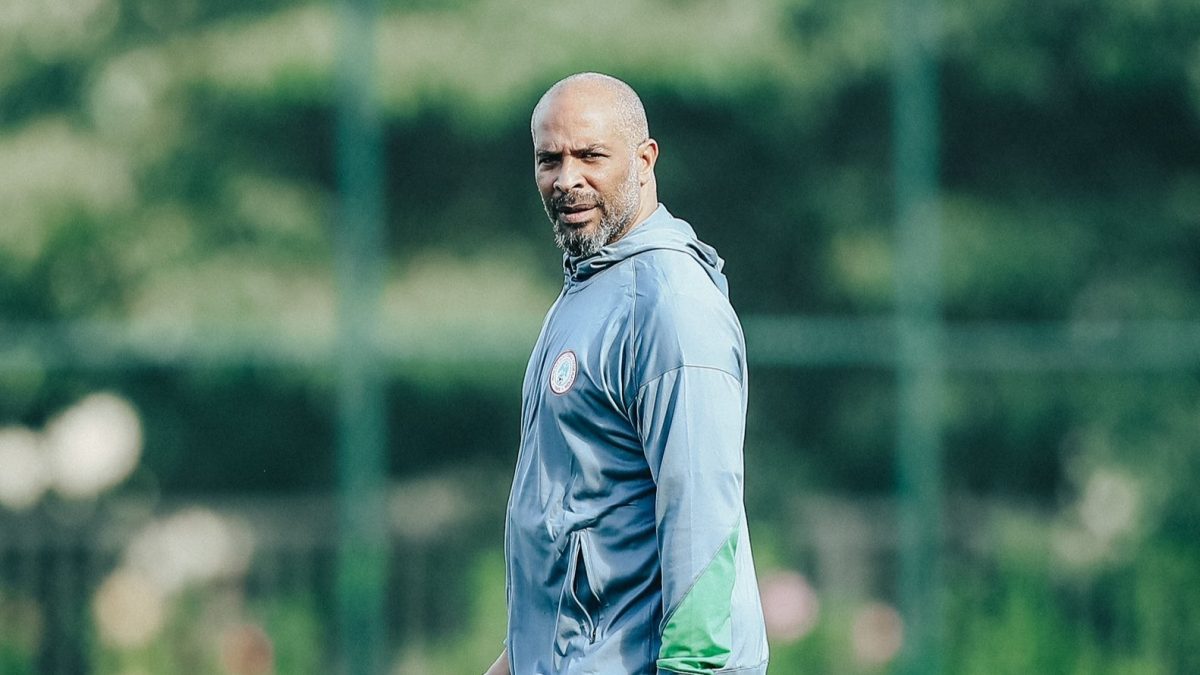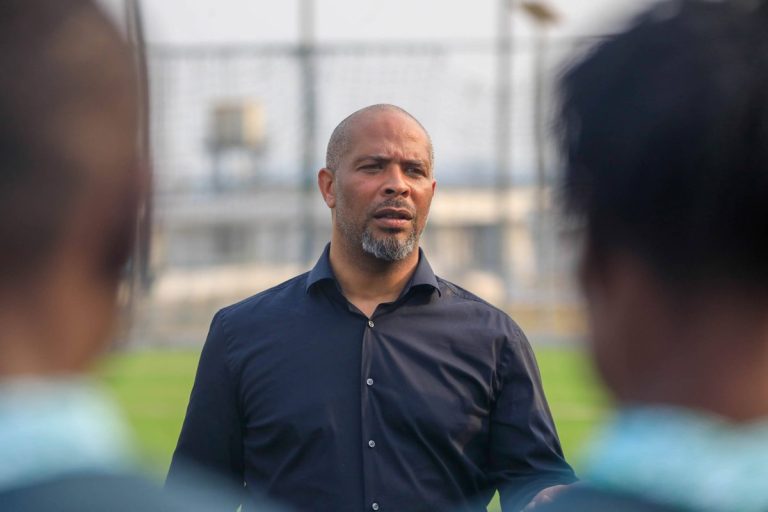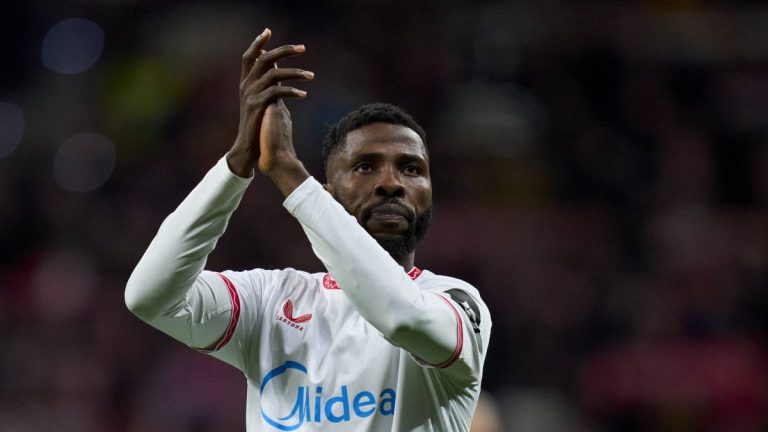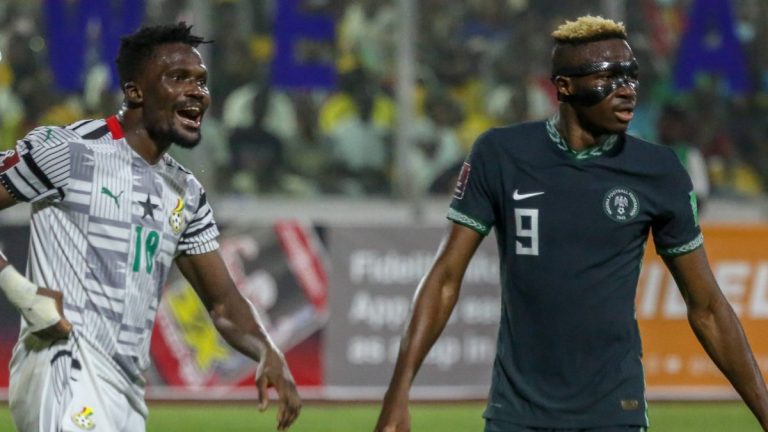Eric Chelle’s tenure as Nigeria’s head coach got off to a winning start as the Super Eagles secured a crucial 2-0 victory over Rwanda in their 2026 FIFA World Cup qualifier at the Amahoro Stadium.
A brace from Victor Osimhen sealed the win, marking Nigeria’s first triumph of the qualifiers after four disappointing results.
While the victory offers optimism, there is still plenty of work to be done. Here’s a breakdown of Chelle’s debut in charge, assessing both the positives and negatives from the performance.
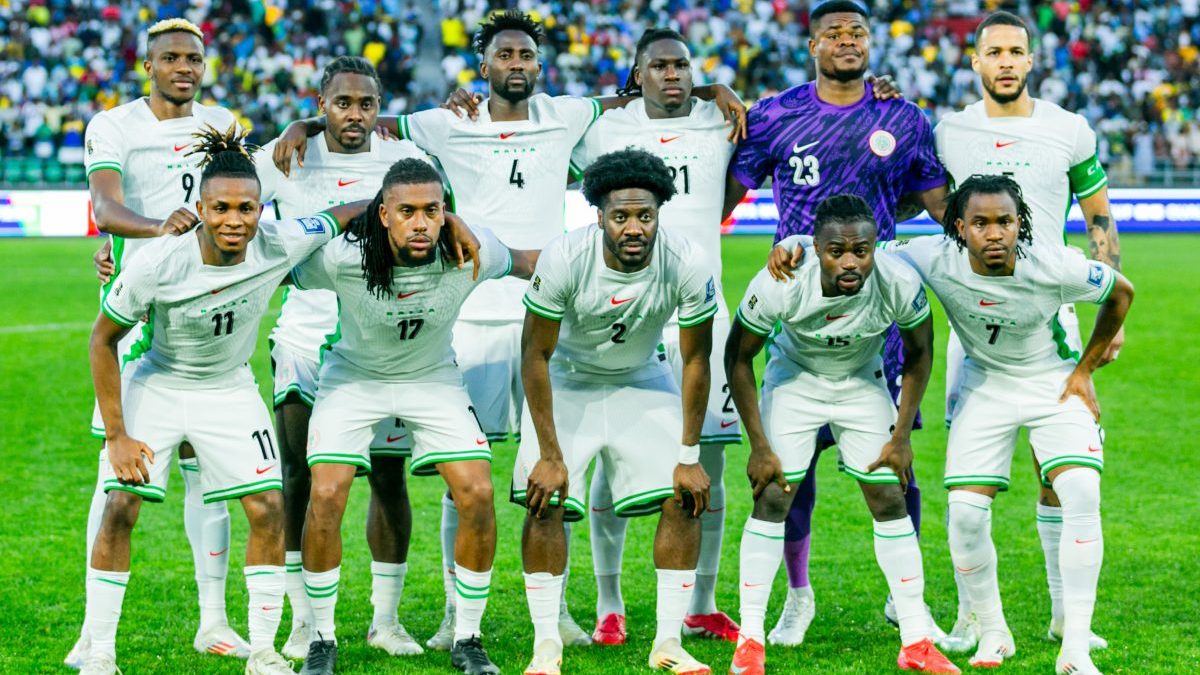
Chelle’s Super Eagles debut: The positives
Victor Osimhen delivers once again
Chelle’s best tactical decision was simply having Osimhen back in the starting XI. The Galatasaray striker proved why he remains indispensable, scoring twice to guide Nigeria to victory.
His first goal came in the 11th minute after a well-taken Ademola Lookman free-kick, while his second was a moment of individual brilliance, rounding a defender before chipping the goalkeeper in first-half stoppage time.
With his brace, Osimhen became Nigeria's second all-time top scorer, with 25 goals.
A tactical edge on set-pieces
One of the standout aspects of Nigeria’s play was their effectiveness from dead-ball situations.
The Super Eagles consistently found an extra free man when attacking set-pieces, turning them into a major offensive weapon. Chelle’s attention to detail in this area gave Nigeria an edge over their opponents.
A winning start brings breathing room
The victory lifted Nigeria from fifth to fourth in Group C, cutting the gap to the leaders. Although they remain four points behind South Africa, they have closed the distance on Benin and Rwanda.
With another must-win fixture against Zimbabwe next, the momentum is finally shifting in Nigeria’s favor.
Chelle’s Super Eagles debut: The negatives
Second-half tactical caution
After establishing a two-goal lead, Nigeria’s attacking intent faded, with Chelle opting for a defensive setup in the second half.
Substitutes like Tolu Arokodare were instructed to hold up play rather than push forward, limiting Nigeria’s ability to capitalize on counter-attacks. While game management is key, this cautious approach nearly allowed Rwanda back into the game.
Disjointed midfield play
Nigeria’s midfield lacked fluidity at times, with Chelle’s 4-4-2 system leaving gaps in central areas. The absence of a creative link between midfield and attack was evident, highlighting the need for a more balanced approach.

A pairing of Alex Iwobi, Wilfred Ndidi/Joe Aribo, and Raphael Onyedika could provide better ball retention and attacking transitions in future matches.
Chukwueze’s Struggles
Samuel Chukwueze’s role remains a point of concern. The Villarreal winger was largely ineffective, struggling to influence the game as he was deployed in midfield.
His tendency to drift inside clogged Nigeria’s attacking lanes, he lacked positional awareness, and his inability to turn with the ball in quick time was evident. The tricky forward may be better utilized as an inside forward moving forward.
Overall, whilw Chelle’s debut provided much-needed hope for Nigeria’s qualification campaign, there were still areas that require immediate improvement.
With Zimbabwe up next in Uyo, the challenge will be to maintain momentum while refining the tactical approach.

